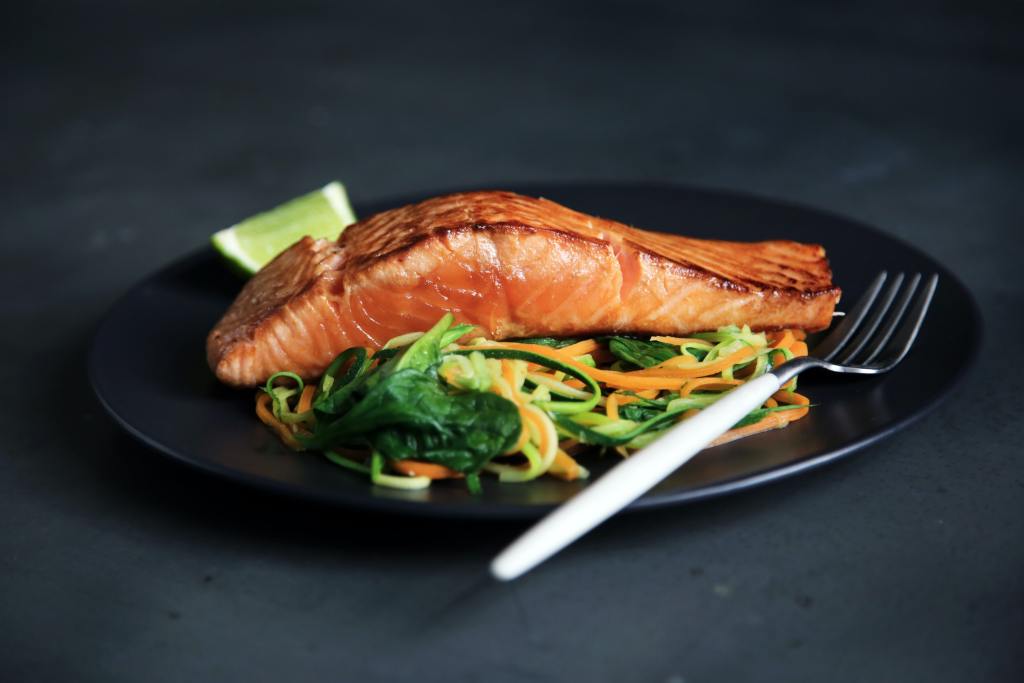The Good Food Institute released a new report that shared in the first half of 2021, alternative seafood companies raised a total of $116 million in funding, compared to $26 million in all of 2020. In contrast, last year saw a 23 percent increase in U.S.-based alternative seafood sales.
In addition to this report on alternative seafood, we’ve got news on BlueNalu, Meatable, Change Foods, Enough, and a new cultured food hub in Switzerland.
BlueNalu to bring cultured seafood to Europe
BlueNalu announced this week that it would explore the distribution of its cell-based seafood throughout Europe in partnership with frozen food company Nomad Foods. According to the two companies, this is the first agreement between a cultured protein company and a consumer packaged goods company in Europe. BlueNalu did not disclose what seafood analogs it would supply or when distribution throughout Europe would occur.

Givaudan, Bühler, and Migros form the Cultured Food Innovation Hub
Givaudan, Bühler, and Migros, three Swedish corporations, have partnered to open the Cultured Food Innovation Hub outside of Zürich, Switzerland. The hub, which is set to open in 2022, will assist existing start-ups in the precision fermentation and cultured meat and seafood space to develop and commercialize their products. The facilities will include biofermentation capabilities and a product development lab.

Meatable enters joint development agreement with DSM
Dutch cultured meat start-up Meatable and Royal DSM, a nutrition tech company, will work together to reduce the cost of growth medium used in cultivated meat production. Growth medium is a liquid that contains proteins, growth factors, and vitamins that cells need to grow, and it is often the priciest component used in creating cultivated meat. In addition to working on growth medium, the companies “will focus on the development of meat-like taste and texture of the final product, which are important factors influencing the purchase decision of consumers.”

Change Foods open up R&D facilities in Silicon Valley
Precision fermentation start-up Change Foods announced it has opened up new R&D facilities in life science incubator BioCube. BioCube has established itself as one of the longest-running and well-respected incubators in Silicon Valley, with alumni such as Impossible Foods. Change Foods has set its sights on creating vegan cheese with the same stretch and melt of real cheese as its first product, and will use its new facilities at BioCube to accelerate those efforts.

Enough begins construction on world’s largest alt. protein facility
Scotland-based Enough (previously 3F Bio) produces an alternative protein made from mycelium called ABUNDA. The company just started construction on a 15,000 square meter factory in the Netherlands, which according to the press release, is set to be the largest factory for alternative protein in the world. The production facility will be able to produce approxiameltely 10,000 metric tons of mycoprotein per year.


















